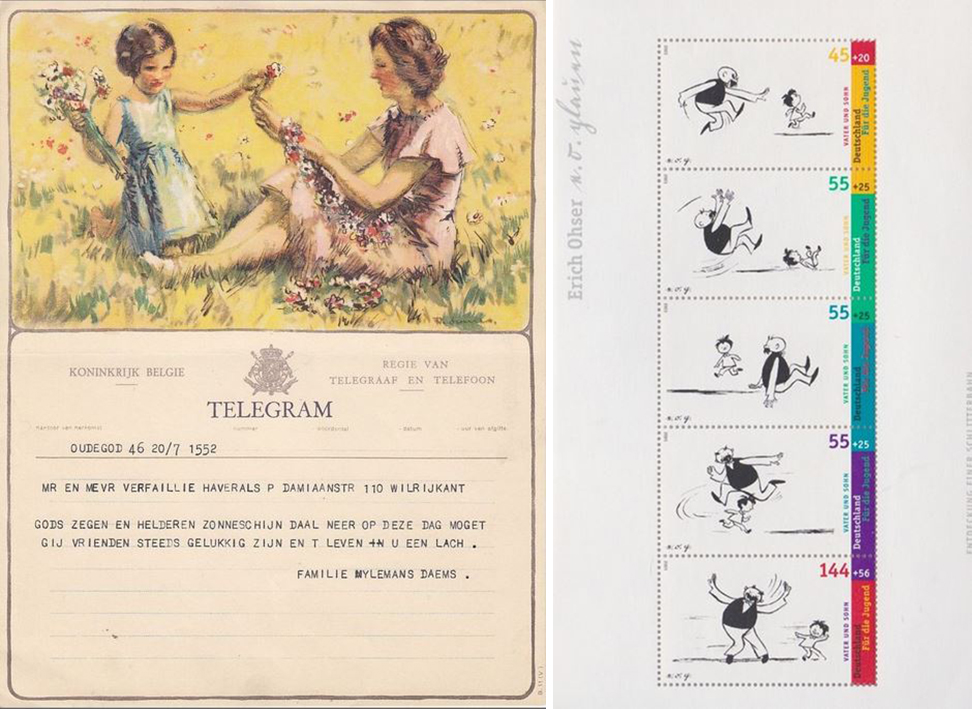
Parents remember these good times with pleasure. Father and mother as confidants and playmates
A possible answer to this question that troubles many parents may be provided by an article published on April 28th in the Journal of Neuroscience by researchers at Standford University.
In their paper, they report that they scanned the brains of 7- to 16-year-olds in a computed tomography scanner while they listened to the voices of their mothers or strangers. In doing so, they mapped the regions of the brain that were particularly responsive to that stimulus. To make sure it was only the voice and not any content of what was said that the brains were responding to, the words were gibberish: teebudieshawlt, keebudieshawlt and peebudieshawlt.

MRI can be used to detect activity in the brain.
That the mother’s voice alone can have a strong influence on young girls was already shown in 2011. When stressed girls heard their mothers’ voices on the phone, the girls’ stress hormones dropped. It didn’t matter what the mother said, the texts were irrelevant.
In the study now published, the results from pubescent “kids” show just the opposite of results obtained by the same researchers on 7- to 12-year-old children. In this younger group, areas of the brain involved in reward recognition and attention respond more strongly to a mother’s voice than to the voice of an unfamiliar woman. In puberty, it is now the other way around. It is not that the mother is no longer listened to at all, but now the unfamiliar voices attract more attention.

… And in the teenage years? Mother/father is no longer listened to, other contacts are more important and an own culture – often incomprehensible for the parents – is developed.
This is probably a normal biological process and has something to do with our development, according to researchers. As we grow older and more mature, we detach from our parents, our survival depending less and less on parental support but more and more on our group affiliations with peers. Perhaps this change in our brains reflects the new needs that grow with time and experience.
Whether it’s like this for every teenager remains to be seen, but this realization may help many a stressed parent-teen couple get through this difficult time. It is what it is! And it is the way nature intended it to be!
Source: D. Abrams et al. Journal of Neuroscience. Published online April 28, 2022. doi: 10.1523/JNEUROSCI.2018-21.2022.
